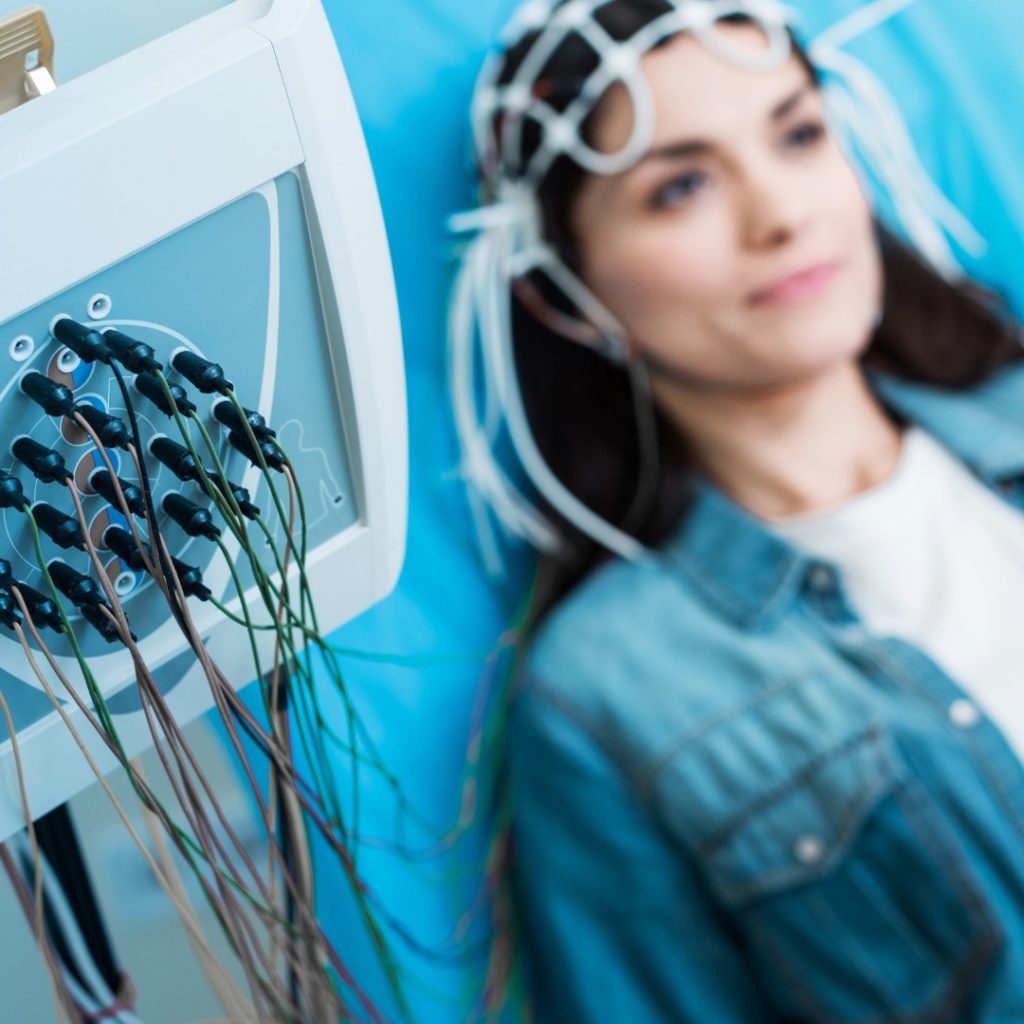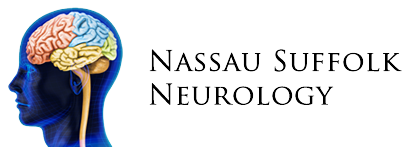What Is An EEG Test Used To Diagnose?

Has your neurologist recently booked you in for an electroencephalogram (EEG) test? If you’ve never undergone this kind of testing before, you’re probably wondering what it is used to diagnose and how it will feel. Our team at Nassau Suffolk Neurology would like to inform you about everything you need to know about your upcoming test so you can feel confident before you go. Continue reading to learn more about EEG Untersuchung tests.
What Is An EEG Test?
An EEG is a test used for neurologists to analyze the electrical activity in the brain to determine if the brain is functioning correctly. Your brain cells communicate with each other through electrical impulses, and this test can record some of the signals. The signals can be recorded by using electrodes attached to the scalp. EEGs are used to diagnose problems in the brain. This test is used primarily to diagnose epilepsy but can also be used to diagnose:
- Sleep Disorders.
- Alzheimer’s Disease.
- Brain Injury.
- Brain Tumors.
What Happens During An EEG?
It’s normal to feel nervous about getting an EEG. However, you shouldn’t be worried about getting one done because of its safety and reliability. EEGs are non-invasive tests that do not require any kind of surgery or anesthesia; as such, they do not usually cause any pain.
In some instances, patients report feeling pressure from the electrodes attached to their scalp. When an EEG test for the brain is being done, the patient must lie on a bed or chair with electrodes attached to the scalp. While electrodes monitor various parts of the brain, patients usually have their eyes open at first, then relax with them closed. All of this is done while the patient is awake, and the test generally lasts anywhere from 30 to 60 minutes. The combination of electrodes allows our neurologist to record your brain waves, which will enable them to see if there is an abnormality in electric activity in the brain. EEG Neurology can seem complicated, but with the expertise of Dr. Adamo and his team, you can assure everything will be just right!
Contact Us: What is EEG Test Used to Diagnose?
EEGs have been used for several years to diagnose abnormal brain activity. At Nassau Suffolk Neurology, you can be sure that you are in good hands during your EEG test. To learn more about how EEGs are used to diagnose and treat various medical conditions, contact our office today!
